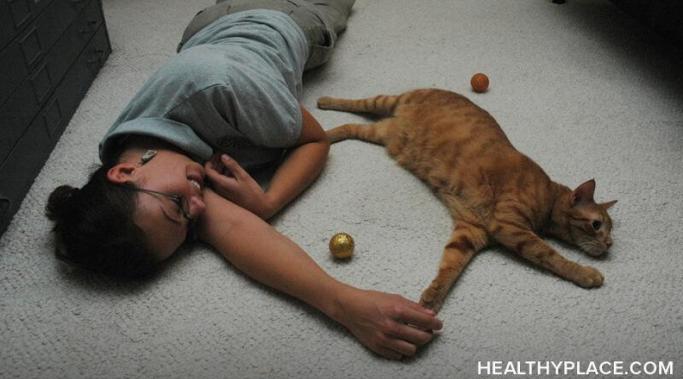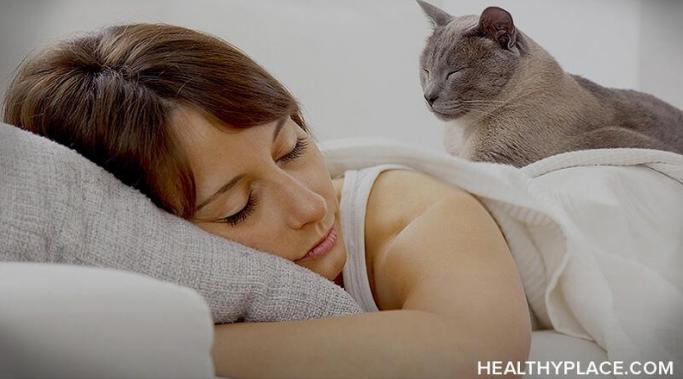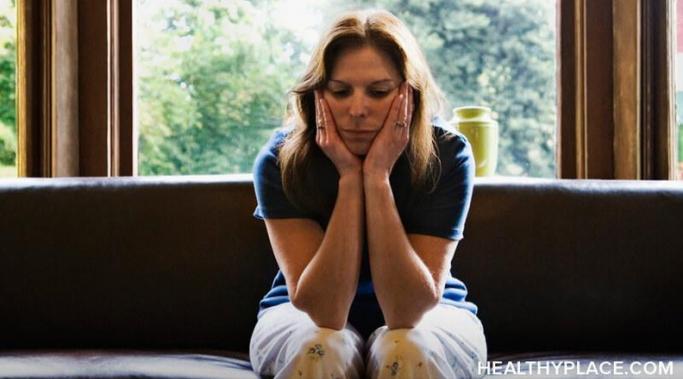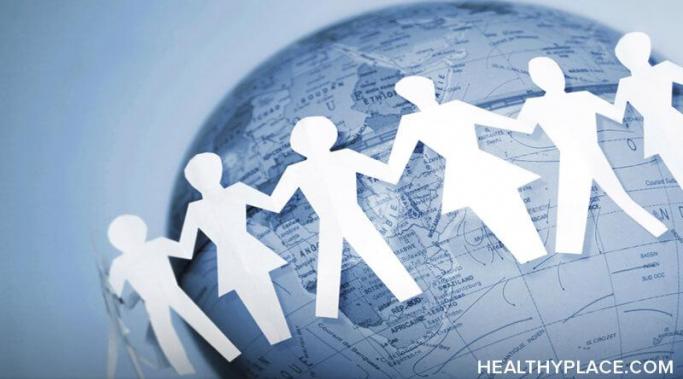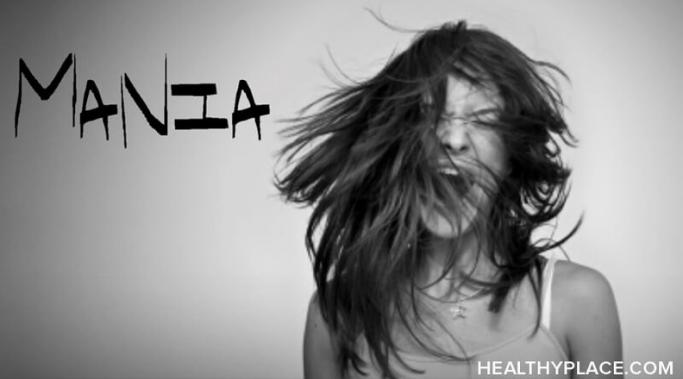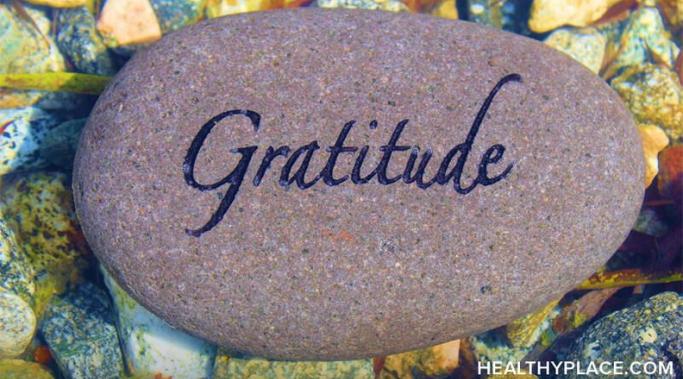Pet adoption in mental illness recovery is an important decision. Pets are cute, comforting, and can be great for someone's mental health. Even last week, I saw a dog sporting his "emotional support dog" vest. Many people with mental illness find comfort in their pets, and there are many reasons why pet adoption during mental illness recovery makes sense, but the decision to bring a pet into your life can be equally amazing and stressful.
Mental Health - Recovering from Mental Illness
"I'll sleep when I'm dead" is a line my former self fully embraced before learning more about sleeping for mental health. If others didn't need sleep, I thought I didn't either. That thought process took a nasty toll on my mental health. Sleeping is essential for mental health and shouldn't be put on the back burner.
As I recovered from my mental illness, I still had an overwhelming, heavy feeling that I was behind in life. I spent so much time asking myself what I had done wrong when I really should have asked myself, "Why do I feel this way?" Comparing myself to others was a dangerous, harmful game, and at the end of the day, I was the only one keeping score in being behind in life.
I fell into habit tracking because in a world that is constantly changing, having clearly defined action steps is comforting. I’m able to trick my mind into creating a productive routine that feels more like a game than a chore. Sticking to healthy routines has a tremendously positive impact on my mental health, and it’s never been easier to do because I found a way that I enjoy. (Who doesn’t like the feeling of being able to check off boxes?)
Finding yourself falling into an anxious spiral is scary, and it's easy to feel out of control. Luckily, there are some physical skills you can utilize to fight off this feeling. Sometimes, in an anxious spiral, it's difficult to think clearly, so when I face those issues, I tend to lean into physical practices, meaning that I'm doing an action using my body and not necessarily my mind to find comfort. Using physical practices is a great way to center yourself and regain emotional balance.
Journaling can be an exceptional tool for managing mental health, and I've found creative journaling tips that have helped me reframe what it means to journal. When hearing the word "journaling," I used to think of "dear diary" entries, but now I believe there are many journaling tactics that are useful in combatting anxiety, depression, and guilt and gauging mental illness recovery progress. I'm excited to share some creative ways I've used journaling tips to assist in managing my mental health.
Does the gambling industry bear some responsibility for gambling addiction? As addiction becomes rampant in modern society, the darker side of gambling continues to be revealed. Despite acknowledging that effective measures need to be put in place to address a growing gambling addiction problem, it has yet to be determined whether the gambling industry bears any responsibility for the effects of gambling.
Admitting that I miss my manic symptoms has been difficult. A large part of my mental illness recovery has been fueled by the desire to get better. I continuously work towards recovery, but I still face guilt when I find myself missing the symptoms experienced from my manic episodes as someone with bipolar disorder.
Accepting my attention-deficit/hyperactivity disorder (ADHD) and bipolar disorder diagnoses was difficult for me. Preconceived notions of ADHD and bipolar disorder aren't always very positive. In my recovery journey, it was helpful for me to have a name that encompassed the emotions that had been causing my suffering. Accepting my bipolar disorder and ADHD diagnoses helped me in my recovery from my mental illness.
I like to practice gratitude in recovery. This is because recovering from a mental illness is difficult and often comes with dark moments. In my own journey, there have been many times when I've felt discouraged and disengaged and ultimately have asked myself, "Is recovering worth it?" Well, yes, it is worth it, but it's nice to have reminders. I've taken my gratitude practices very seriously in the last few years, and they've become essential to my recovery.
